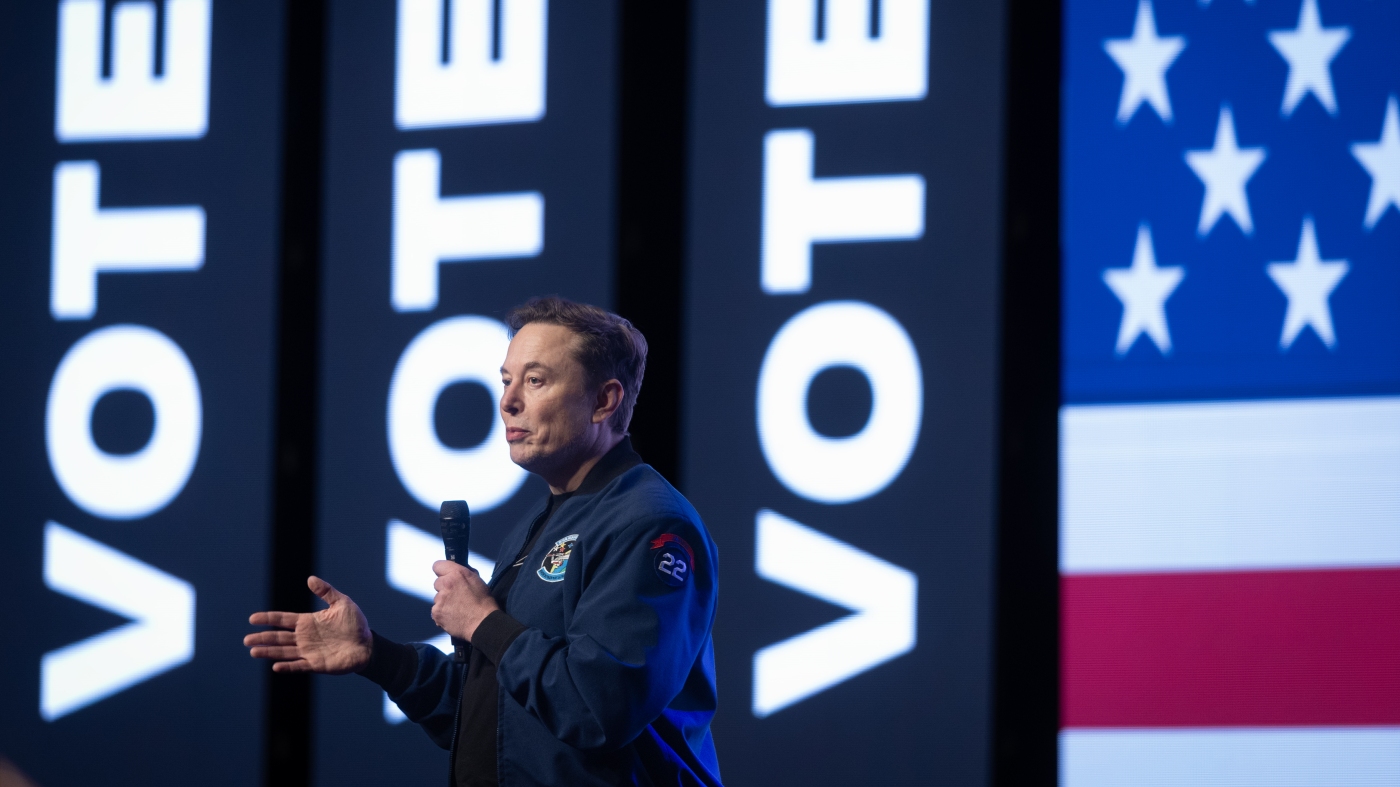Decoding Elon Musk’s Political Spending Shift: A Strategic Recalibration
Elon Musk’s announcement to dial back his political financing sparks intrigue beyond mere numbers. As a titan of innovation and business, Musk’s political engagement has rippled through U.S. politics, particularly during the high-stakes 2024 election cycle. Exploring the nuances behind this pivot reveals layers of strategic thought, implications for both the political and business landscapes, and a reframing of billionaire influence in politics.
The Rise and Reach of Musk’s 2024 Political Spending
In 2024, Musk emerged as the dominant financial force in American politics, injecting over $288 million into former President Donald Trump’s reelection campaign. His contributions underscored a deep commitment to steering the electoral outcomes and extending influence into key judicial appointments and Republican candidates. This aggressive funding transcended typical donor roles, marking Musk not just as a supporter but as a political architect seeking to mold policy environments favorable to his interests.
What distinguished Musk’s involvement was both the scale and strategic nature of the spending. It was not arbitrary largesse but a targeted push intended to shape long-term political frameworks that intersect directly with his business domains, like technology regulation, climate policies, and innovation funding.
Stepping Back: Musk’s Intentions and Messages
When Musk declared, “I think I’ve done enough,” at prominent forums such as the Qatar Economic Forum, it signaled a deliberate retreat from the forefront of political money battles. His message combined finality with flexibility—while scaling back dramatically, he did not close the door on future spending should compelling causes emerge.
This retreat hints at a recalibrated approach that balances the exhaustion and backlash accompanying political entanglements with a renewed commitment to his core ventures, Tesla and SpaceX. It reflects a conscious shift in Musk’s public role, scaling down direct political warfare in favor of consolidating leadership in innovation and business growth.
Unpacking the Motivations Behind the Shift
Several converging factors likely informed Musk’s decision:
– Refocusing on Business Priorities: The tech and automotive sectors are fiercely competitive. Musk’s companies require undivided strategic attention to maintain innovation momentum, market leadership, and financial health.
– Navigating Political Backlash: High-profile donations invite scrutiny, criticism, and political fatigue. The mixed public reception and controversies around the 2024 cycle may have eroded the appeal of continued heavy political spending.
– Questioning Returns on Investment: While the financial outflow was substantial, the political objectives—such as electoral victories or policy shifts—did not fully materialize, prompting reevaluation of the cost-effectiveness of large-scale donations.
– Adopting a More Targeted Strategy: Declining broad funding does not mean complete withdrawal but suggests a pivot to selective, needs-based support, where influence might be exerted efficiently without the spectacle of headline-grabbing sums.
Broader Political Implications
Musk’s retreat reshapes donor ecosystems and political financing dynamics:
– Financial Impact on Trump and Allies: The dent in funding could constrain campaign resources for those relying on Musk’s largesse, possibly altering Republican fundraising landscapes.
– Emergence of New Donors: It creates openings for other wealthy patrons and PACs eager to fill the vacuum, potentially reshuffling political alliances and strategizing.
– Reflecting Donor Weariness: Musk might be tapping into a wider sentiment among billionaires reconsidering political spending’s efficacy and reputational costs.
– Shift from Monetary to Other Forms of Influence: The pivot may signal a transition away from monetary donations toward leveraging business innovation, advisory roles, and informal influence within government spheres.
Market and Business Resonance
Tesla’s modest stock rise following Musk’s announcement serves as a tangible market indicator. Investors appear to welcome Musk’s renewed focus on his enterprises, interpreting it as a signal that operational leadership and innovation will take precedence over political distractions. This aligns with the perception of Musk’s dual identity—as a visionary entrepreneur and a potent political actor—and suggests a recalibration toward sustainable business growth.
The Interplay Between Advisory Roles and Spending Cuts
Beyond financial contributions, Musk’s advisory involvements have shaped policy discussions, particularly on government spending reduction. His participation in budget trimming initiatives showcases the multifaceted nature of his political influence—blending hands-on advisory duties with significant financial backing.
This layered engagement complicates simplistic views of political involvement and suggests that Musk’s pullback in funding represents a tactical pause rather than political disengagement altogether. His influence endures through nuanced channels, balancing entrepreneurial pragmatism and political engagement.
Conclusion: A Calculated Pause with Future Potential
Elon Musk’s decision to sharply cut political spending marks a pivotal moment, blending reflection on past contributions with anticipation for future influence tactics. “I think I’ve done enough” encapsulates a personal and strategic assessment, signaling a shift from broad, high-profile electoral financing to a more measured, business-centric approach.
This recalibration reflects the intricate dance billionaire donors perform—balancing the desire for political impact with the necessity of business focus and public perception management. Musk’s evolving political role serves as a compelling case study on the ebb and flow of wealth-driven influence in contemporary politics.
Ultimately, this is less an exit and more a strategic repositioning. Elon Musk’s future in political engagement promises to be nuanced and flexible, demonstrating how power, money, and innovation intersect in shaping both political and corporate futures. The narrative of his political spending remains an unfolding story, rich with lessons on the complexities of modern influence.











